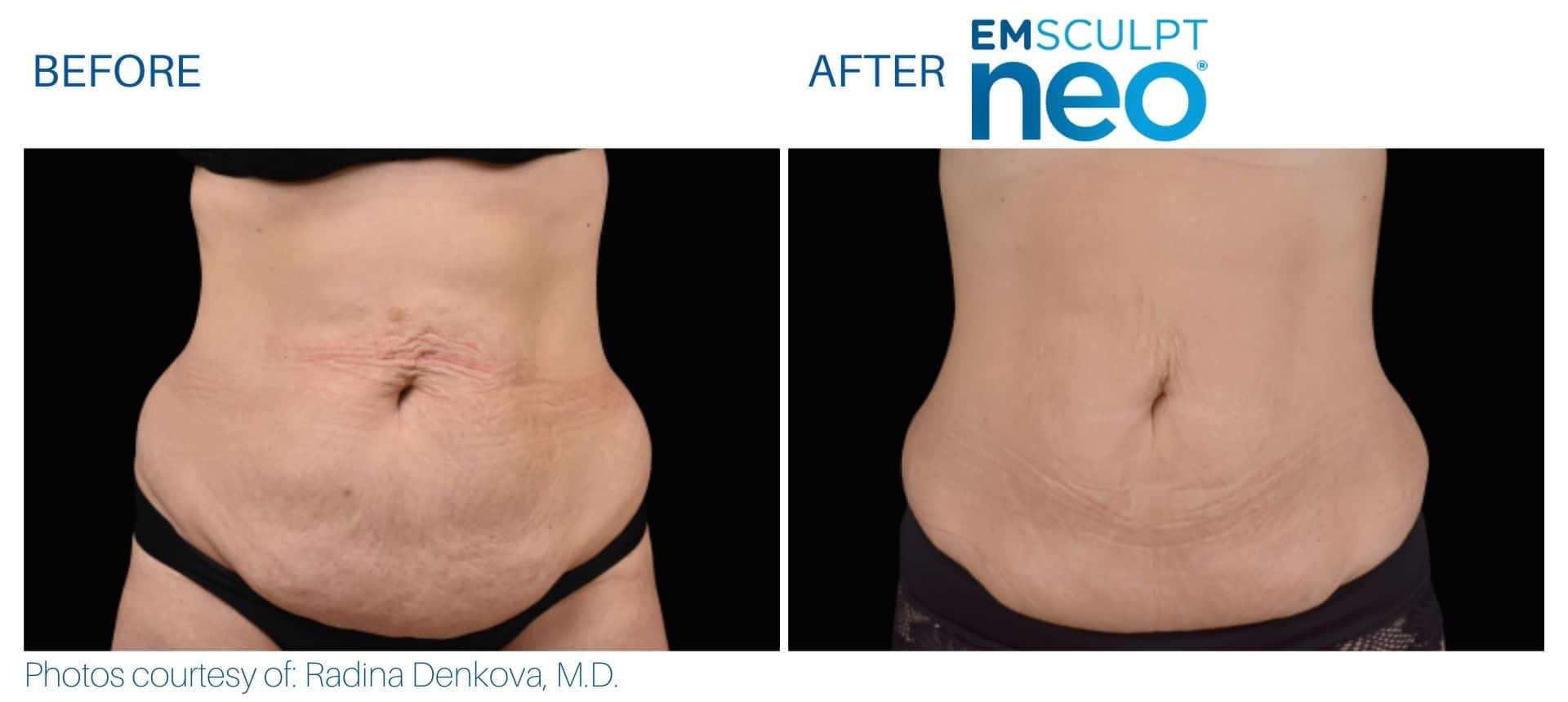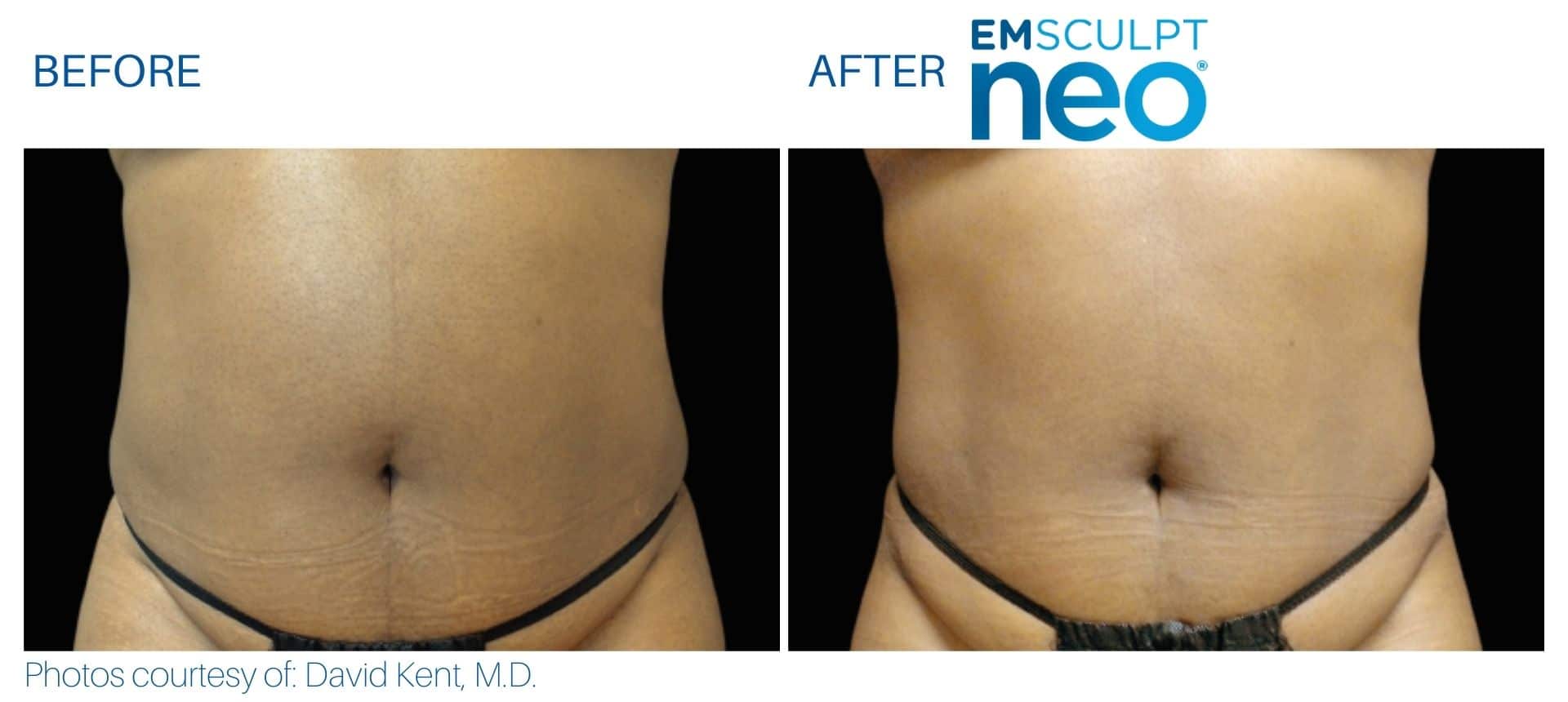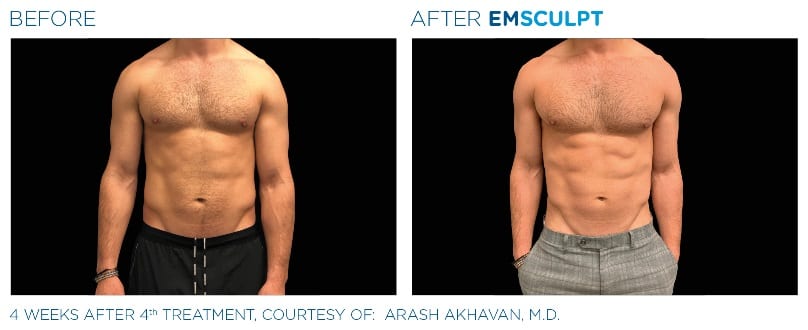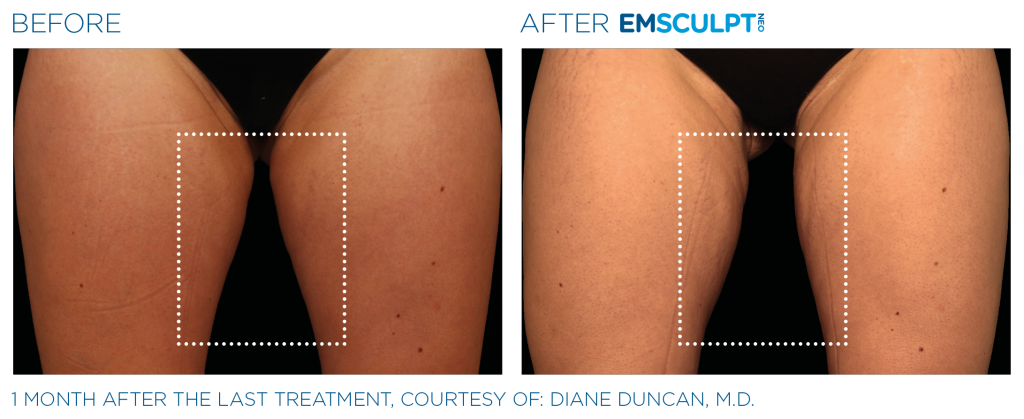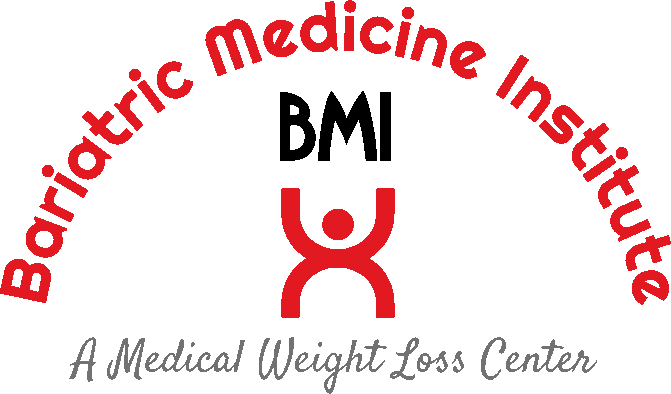

Nutrition Counseling
Nutrition counseling is a professional service where a trained dietitian works with you to assess your current eating habits, lifestyle, medical history, and health goals. The process includes setting realistic objectives, educating you on food choices and portion sizes, and developing a personalized eating plan that fits your preferences and health needs. Ongoing support and monitoring ensure adjustments can be made to optimize results over time, helping manage conditions like diabetes, heart disease, obesity, or improving overall wellness.

What to Expect with Treatment
The treatment begins with RF energy heating the fat cells, which causes them to break down and be eliminated by the body naturally. At the same time, HIFEM energy activates the muscles, triggering intense contractions that build strength and definition. Most patients undergo a series of four treatments spaced over a few weeks, with results gradually improving over the next two to three months.
Recovery & Downtime
There’s no downtime after Emsculpt NEO, and most people describe it as feeling like a hot stone massage combined with a deep muscle workout. It’s FDA-cleared and clinically proven to deliver up to 30% fat reduction and 25% muscle growth. While it’s not a substitute for exercise, it’s a powerful way to enhance body contouring goals without surgery or recovery time.

Before & After Gallery

Nutrition counseling is a professional service that involves working with a trained dietitian to evaluate dietary habits, health concerns, and lifestyle factors. It aims to develop a personalized nutrition plan that addresses specific goals such as weight loss, disease management, or overall wellness. This service provides education, practical advice, and support to help individuals make informed food choices and sustain healthier habits over time.
Nutrition counseling assists weight management by offering tailored meal plans that fit your lifestyle and nutritional needs. The dietician helps set realistic goals, educates about portion control and nutrient-dense foods, and provides strategies to overcome challenges. Regular follow-up ensures the plan adapts as needed, supporting sustainable weight loss or maintenance while improving overall health.
Yes, nutrition counseling is highly beneficial for managing chronic diseases like diabetes, heart disease, and digestive disorders. Customized dietary plans can help control symptoms, improve metabolic health, and reduce risks associated with these conditions. The dietician works closely with patients and healthcare providers to align dietary changes with medical treatments for optimal outcomes.
The frequency of nutrition counseling sessions varies depending on individual needs and goals. Many start with weekly or biweekly visits to establish a plan and receive support, then transition to monthly or quarterly check-ins for maintenance. Ongoing sessions allow for progress monitoring, plan adjustments, and continued motivation toward long-term health improvements.


Invest in Lasting Wellness—Inside and Out.
Imagine a care experience that’s focused on you—not the clock. At the Bariatric Medicine Institute, we put your goals, comfort, and results at the center of everything we do. From personalized weight loss plans to non-invasive body sculpting, we’re here to help you feel your best—confidently and comfortably.
